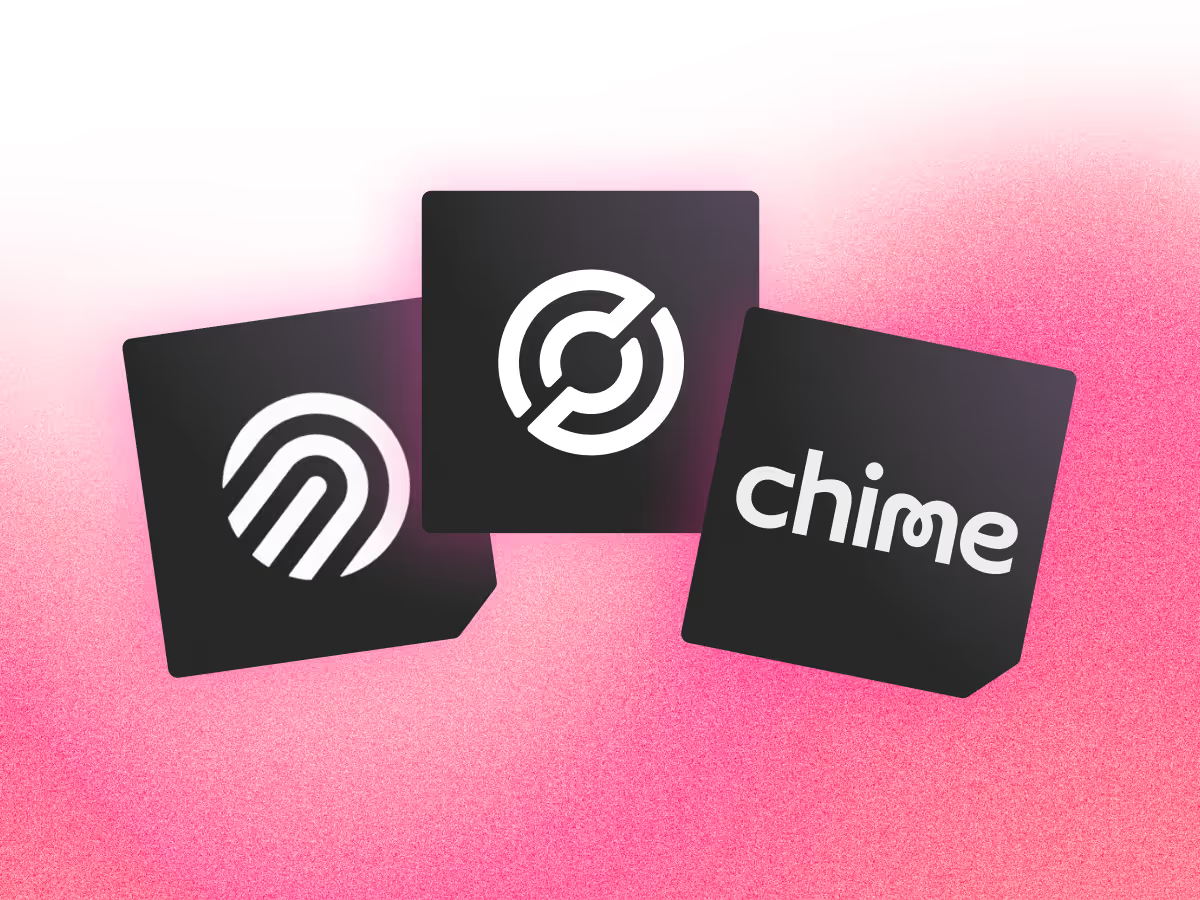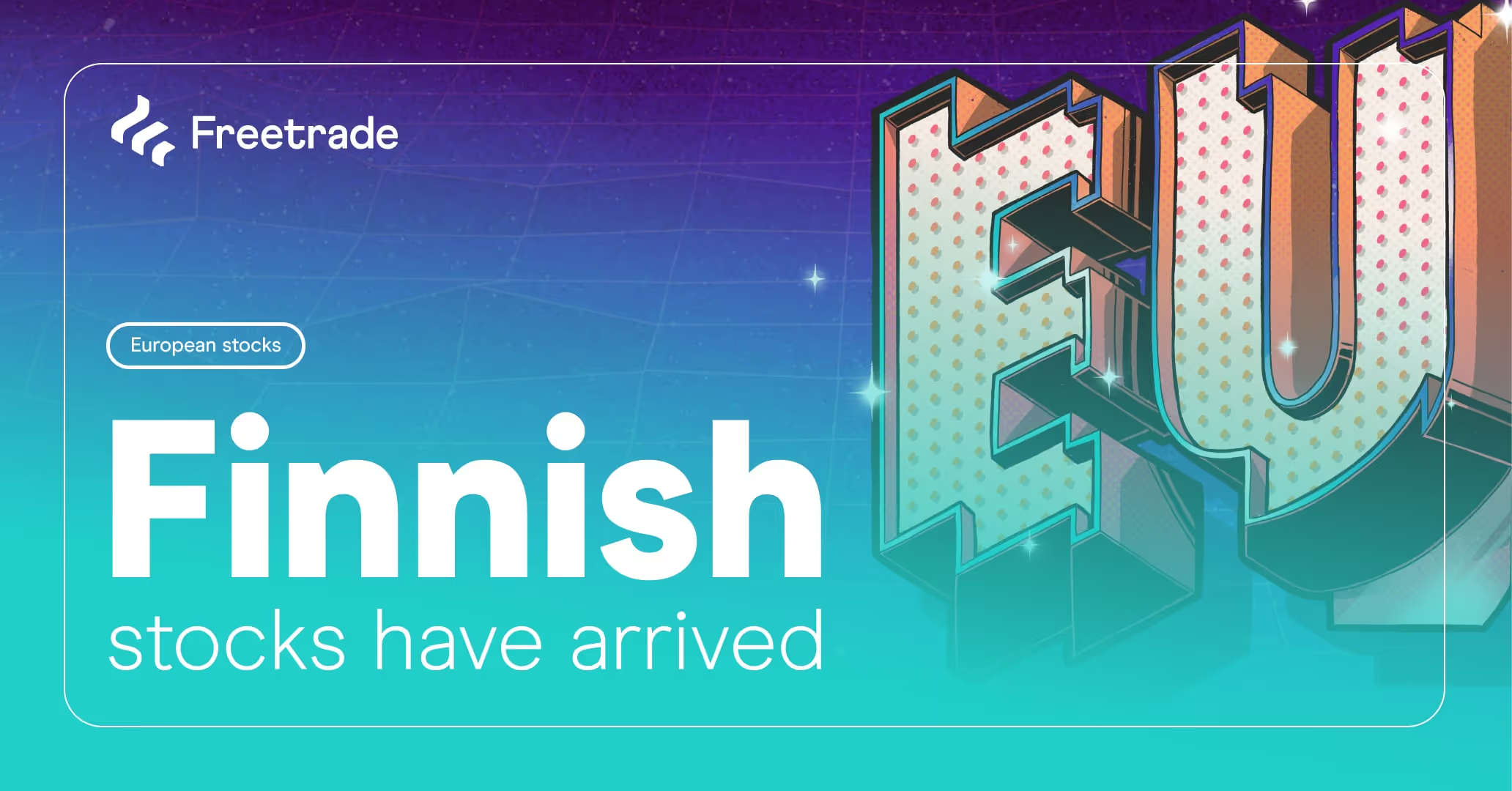The stock market is on track to see the highest number of IPOs in a single year since 2021, when a whopping 1,035 companies went public through an IPO. Rising interest rates made IPOs less attractive in the years that followed, but with several big IPO dates now on the 2025 calendar, the tides appear to be turning. Listing activity is showing signs of a recovery, particularly in the US markets. Investors are paying close attention to IPO stocks, current valuations, and expected stock performance.
What is an IPO?
Companies can take a few different paths to get their shares listed on a stock exchange. The most common is an initial public offering, or IPO. Another route, which has become increasingly popular over the last few years, is a direct listing. That’s where shares are sold directly to buyers, allowing the firm to avoid a lot of the bureaucracy that’s typically involved with an IPO. In a direct listing, current shareholders, like employees, early investors, and founders, sell their shares directly to the secondary market. No new shares are issued. While an IPO raises new capital, a direct listing does not. Instead, direct listings enable early shareholders to sell their existing shares.
3 Recent IPOs
Here are some of the largest and most anticipated IPOs of June 2025. You can invest in any of these IPOs in a general investment account (GIA), stocks and shares ISA, or self-invested personal pension (SIPP) through the Freetrade investing platform.
Remember, Freetrade does not provide investment advice and you are responsible for making your own investment decisions. If you are unsure about what is right for you, you should always seek financial advice.
1. Circle Internet Group (CRCL)
Circle Internet Group is one of very few regulated stablecoin issuers. It was co-founded with Coinbase over a decade ago with the aim of making Bitcoin payments easier. Now, Circle issues USDC: a stablecoin which is pegged 1-to-1 with the US dollar. It's the second largest stablecoin globally in terms of market capitalisation. Circle first announced profitability in 2023, and as of Q1 2025 it has continued to post-profitable earnings results.
- IPO date: 5 June 2025
- Market capitalisation: Circle launched on the primary market at $31 per share.
- Market commentary:
- According to Ed Engel, an analyst at investment bank, Compass Point, "[Circle's] valuation already reflects optimistic longer-term assumptions, which makes it hard to justify [an even] higher valuation."
- Read more: Shares in crypto company Circle (CRCL) jumped: here’s why
2. Chime (CHYM)
Chime is a fintech company that provides banking and financial services to Americans. Its focus is on providing banking to households earning $100,000 or less annually, which is a cohort that Chime's CEO says has often been overlooked by traditional financial institutions. It has 8.6m active members, and makes most of its revenue through 'interchange fees', charged when customers use its debit or credit cards. It's the sixth largest debit card issuer in the US. In Q1 of 2025, Chime's revenue grew by 32% and achieved profitability for the quarter.
- IPO date: 13 June 2025
- Market capitalisation: Chime priced its IPO at $27 per share, which was higher than market expectations.
3. Omada Health (OMDA)
Omada is a virtual healthcare platform for Americans managing chronic conditions including diabetes, hypertension, and behavioural health issues. Unlike Chime and Circle, Omada hasn't yet achieved profitability. But Omada is banking on the continued digitisation of US healthcare services. McKinsey & Company estimated that $250bn in US healthcare spending has the potential to be virtualised. And according to Omada, they offer the only digital diabetes program with recognition from two critical US bodies: the US Centers for Disease Control (CDC) and National Committee for Quality Assurance (NCQA). The firm hopes to be the go-to virtual care provider for these patients as demand for virtual services ramp up.
- IPO date: 6 June 2025
- Market capitalisation: Omada Health hit the IPO market at $19 per share and raised $150m on its IPO date.
It’s important to bear in mind that IPOs are priced privately, which means their current valuation upon going public can be extremely overinflated. That's why it can be best to allow the market to settle down before engaging in any share dealing of your own. It might be worth waiting it out from the sidelines, allowing stock market stability to take hold, and the IPO stock to potentially reach a fairer valuation.
Upcoming IPOs in 2025
There is always speculation about which private companies will go public next. Whether these IPOs come to fruition will depend on a variety of factors such as how the IPO market continues to perform, and whether market volatility heats up or cools down. IPOs and interest rates also have an inverse relationship, so if more IPOs are to come to market this year, we'd likely expect US interest rates to come down.
If we see greater stock market stability, these pending IPOs could be more likely to hit the public market. But for now, none of these companies have an IPO date set in stone. If you're interested in investing, you'll want to watch the news to find out if and when they release an initial public offering date.
1. Klarna IPO
Just like the IPO market, Klarna also suffers when interest rates are high. The firm offers 'buy now, pay later' (BNPL) options that are similar to credit cards but generally accessible to younger people who might not have enough credit to access those services. Its business model relies on borrowing money to finance its BNPL services, so higher interest rates mean Klarna has to pay more to secure those funds, thus increasing its operating expenses. While Klarna hasn't yet announced an IPO date, it has filed for an initial public offering in the US with plans to list on the New York Stock Exchange (NYSE). Rumours earlier in the year had suggested Klarna would IPO by April 2025, but there is still no word as to when this will happen. According to Reuters, Klarna could raise over $1bn in its US IPO. Klarna is reportedly targeting a $15bn current valuation, which would be over double its valuation of $6.7bn in 2022.
2. Databricks IPO
Databricks is an open analytics platform for building, sharing and maintaining enterprise data. It recently began a strategic partnership with NVIDIA, firming up its place as a big player in the burgeoning AI space. Databricks doesn't yet have an IPO date, but it sure has institutional investor interest: in January, Meta was just one of the big names that invested in a $10bn Series J funding round for Databricks. That round was one of the largest investments in the history of venture capital. According to Databricks, as of December 2024 its current valuation was $62bn.
3. Skims IPO
Skims is Kim Kardashian and Jens Grede's clothing brand, and while its IPO has been anticipated since 2024, the firm has no IPO date on the calendar. Grede told TechCrunch in December 2024, "at some point, we deserve to be a public company", which sent the rumour-mill flying. But it appears to be on the back burner for now. As of its Series C funding round in 2023, Skims had an estimated current valuation of $4bn. While there is no public share dealing for Skims, the firm has raised $670m in venture capital funding.
IPOs: FAQ
What's the difference between the primary market and secondary market?
The primary market is where new shares are created and sold directly from companies to investors. Often, this takes place through an initial public offering, or IPO. This is the first time that stock is made available to the public, and the company receives any of the funds raised, which contribute to the deal value. In contrast, the secondary market is where investors trade previously issued shares among themselves. For instance, you could access shares in a secondary offering by investing in stocks with Freetrade. Companies don’t receive additional funds from these secondary offering trades.
How do I know if an IPO has a fair deal value?
To assess if an IPO has a fair deal value, you will want to value it like any other stock. There are plenty of different investing philosophies out there, but as a general rule of thumb, you would want to at least examine the company’s fundamentals, compare them with its competitors and peers, then review its projected stock performance.
In the primary market, IPO stock pricing should reflect the firm's realistic growth potential. If you see high levels of market liquidity and active share dealing after listing on a secondary exchange, then that could be a signal of fair pricing. Weak demand or stock sell off could suggest the deal value was too high.
Should I buy an IPO?
Ultimately, you should consider investing in an IPO stock the same way you would consider investing in any other stock. For example, if a company is showing a good track record of profitability, then that may be a sign that you would want to buy on its listing day. But even then, you should expect stock performance to be volatile in the first weeks post-IPO.
And a good history of positive business fundamentals isn't all you want to look out for. Because if a firm is demanding a big price tag for shares on its IPO date, it might be better to wait things out and see how the market volatility shakes out. That's because its stock performance may seriously struggle after all of the hype dies down.
Important information
This should not be read as personal investment advice and individual investors should make their own decisions or seek independent advice. This article has not been prepared in accordance with legal requirements designed to promote the independence of investment research and is considered a marketing communication.When you invest, your capital is at risk. The value of your portfolio can go down as well as up and you may get back less than you invest. Past performance is not a reliable indicator of future results.Freetrade is a trading name of Freetrade Limited, which is a member firm of the London Stock Exchange and is authorised and regulated by the Financial Conduct Authority. Registered in England and Wales (no. 09797821).


.avif)








